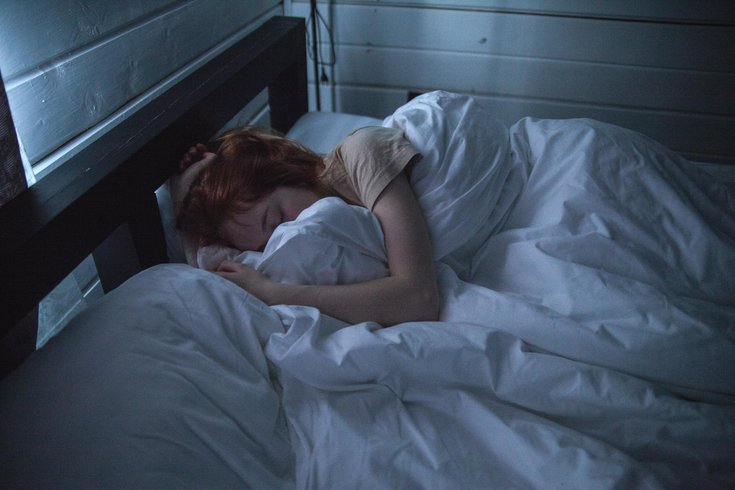
July 11, 2024
 Ivan Oboleninov/Pexels
Ivan Oboleninov/Pexels
People who are more alert at night seem to have a cognitive advantage over people who feel more active in the morning, according to a new study.
If you are a night owl, you might have a cognitive advantage over morning people, a new study suggests.
People who are naturally more active or alert in the evening performed better on tests than people who are more lively in the morning, according to research published Wednesday in the journal BMJ Public Health. The night owls scored about 13.5% higher than morning larks in one group and 7.5% higher in another group. Intermediate sleepers, who expressed a mild preference for either day or night, also did better, scoring approximately 10% and 6% higher than morning types in the two groups.
“It's important to note that this doesn't mean all morning people have worse cognitive performance," Dr. Raha West, of the department of surgery and cancer at Imperial College London where the study was conducted, said in a statement. "The findings reflect an overall trend where the majority might lean towards better cognition in the evening types. While it’s possible to shift your natural sleep habits by gradually adjusting your bedtime, increasing evening light exposure, and keeping a consistent sleep schedule, completely changing from a morning to an evening person is complex.”
Researchers also found that sleeping seven to nine hours a night was optimum for brain function. People who slept less than seven or more than nine hours a night experienced "detrimental" cognitive effects.
Younger people, those without chronic conditions and people with "healthier lifestyle choices were usually associated with better cognitive performance," according to the researchers.
The study looked at data on approximately 27,000 people, examining self-reported sleep duration, patterns and quality.